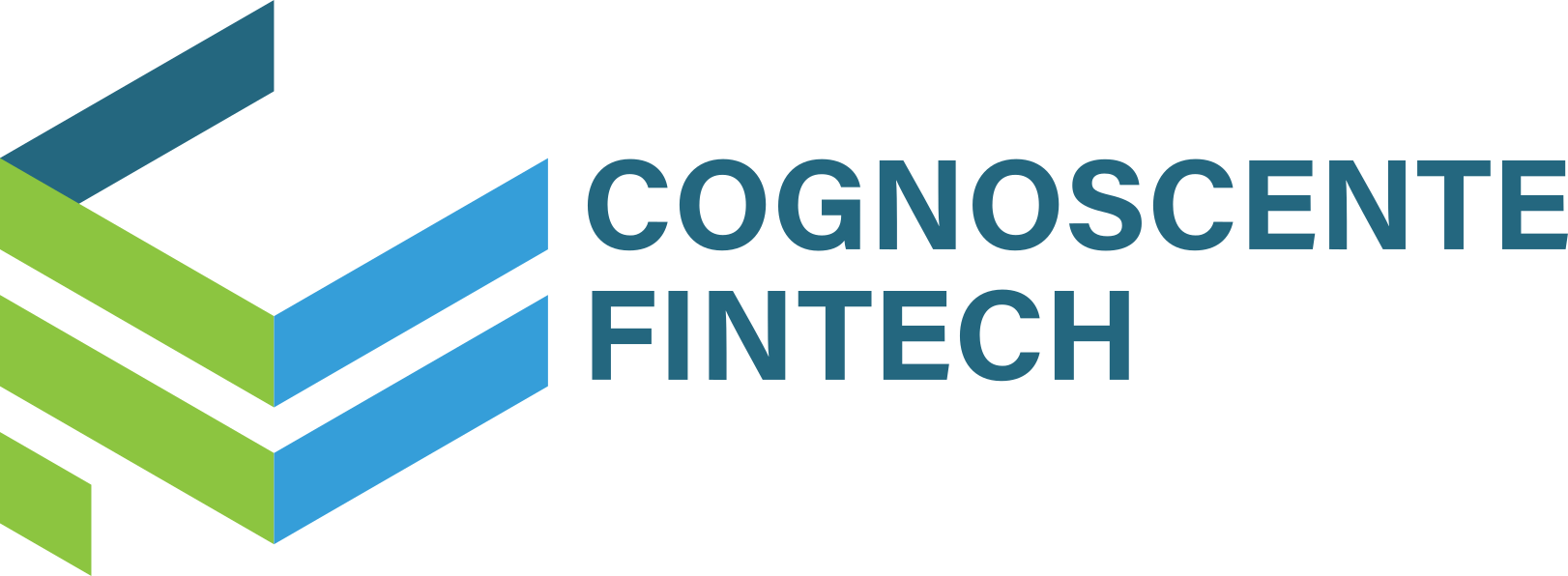Initial Public Offer (IPO)
The primary market provides investors, opportunities to buy shares at a reasonable price before its upcoming IPO listing price. Additionally, retail investors also enjoy discounted rates while applying for Upcoming IPOs. Holding on to the shares also provides an opportunity to participate in the future success of these companies.
- Get stock at lowest possible price
- Short term profit with lower risk
- Hassle free ASBA process
- Meet long term goals
- No brokerage while applying in New IPOs
- Be a part of company’s growth story
Open demat account
Why choose us to invest in IPOs/Bonds/FD
- Information symmetry across investor classes
- Completely Online Process – no paperwork
- Access to quality companies from PSU space as well
- ASBA based economical process
- No brokerage
IPO
An initial public offering (IPO) refers to the process of offering shares of a private corporation to the public in a new stock issuance. An IPO allows a company to raise capital from public investors. The transition from a private to a public company can be an important time for private investors to fully realize gains from their investment as it typically includes a share premium for current private investors. Meanwhile, it also allows public investors to participate in the offering.
Additionally, retail investors also enjoy discounted rates while applying for Upcoming IPOs. Holding on to the shares also provides an opportunity to participate in the future success of these companies.
Benefits of IPO
- Get Stock at lowest price
- Hassle free ASBA process
- No brokerage while applying in New IPOs
- Short term profit with lower risk
- Meet long term goals
- Be a part of company’s growth story
Why choose us for investing in IPO
- Information Symmetry across investor class
- Completely online process- no paperwork
- Access to quality companies from PSU space as well
- ASBA based economical process
- No brokerage
BONDS
Bonds are commonly referred to as fixed-income securities and are one of the main asset classes that individual investors are usually familiar with, along with stocks equities and cash equivalents. Many corporate & government bonds are publicly traded only over the counter or privately between the borrower and lender.
a one-stop solution for investors looking for a fixed and high-interest rate for a specified period of time. It carries low risk which can be managed by investing in NCDs of companies with a high ratings.
Capital Gain Bonds
| Rural Electrification Corporation Ltd ( REC) | Power Finance Corporation Ltd (REC) | Indian Railway Finance Corporation Ltd (IRFC) |
|---|---|---|
| Interest rates%(60M) | Interest rates%(60M) | Interest rates%(60M) |
| 5% | 5% | 5% |
Benefits of Bonds
- Receive income through interest payments
- Diversion of Portfolio
- Regular Interest Income
- Completely Digital
- Lower Risk
- Transparency
Why choose us for investing in Bonds
- Wide array of fixed income products
- Paperless Investments
- Dedicated Advisory and Analysis
- Regular updates on New products
FD
Corporate Fixed Deposits are one of the money-raising tools for Companies. Through these, Companies raise money from the public and offer a fixed rate of interest for different tenures. We Offer AAA+/AAA rated companies fixed deposits with a range of 12 months to 20 years and periodic interest payment options (Monthly, Quarterly, Semi-Annually, Annually) and cumulative.
Benefits of Corporate FD
- Better returns compared to Bank FD
- Assured returns
- Flexibility
- Safe & Secure Investments
- Better Risk Management
- Liquidity- Low Lock in period
Why choose us for Commodity Investments
- Wide array of fixed income products
- Paperless Investments
- Dedicated Advisory and Analysis
- Regular updates on New products
Invest in equity & financial derivatives
A mutual fund investment is a kind of investment option where the money from a group of investors is pooled together and invested in different asset classes. Depending on the assets in the portfolio, there are different types of mutual funds, such as equity mutual funds, debt mutual funds, hybrid funds and tax saver funds. With Kotak Securities, you can invest a lump sum amount in mutual funds, or you could start an SIP.
Based on the kind of assets and the asset class that they invest in, there are different types of mutual funds in India. Among these, the most common are equity funds, debt funds, hybrid funds and tax saver funds. Equity funds invest predominantly in the equity market, while debt funds have portfolios made up mostly of debt instruments. Hybrid funds contain a balanced mix of both equity and debt, while tax saver funds come with additional tax benefits. Other than these there are other funds like:
1. Money market funds
2. Index funds
3. Balanced funds
4. Income funds
5. Fund of funds
6. Specialty funds
Mutual funds pool money from investors who have a similar investment outlook. This money is then invested in different asset classes, depending on what the investment objective of the fund is. Some common asset classes that mutual funds invest in include stocks, bonds, money market instruments, and even gold.
If you’re new to the world of mutual fund investments, you need to first open a demat account to get started with your investments. Kotak Securities makes mutual fund investment for beginners simple and easy, with a quick and effortless account opening procedure. After opening your account, you need to create a mutual fund portfolio by shortlisting and selecting the kind of funds you want to invest in.
If you’re unsure about making mutual funds a part of your portfolio, you’ll be glad to note that there are many mutual fund investment benefits to look forward to. You have a range of investment options to choose from, meaning that you can create a portfolio that aligns with your risk profile. Also, you can start investing even with small amounts of money, thanks to SIPs. In addition to this, mutual funds also give you the advantage of market-linked returns and, in some cases, tax benefits.
Based on the risk appetite of the investor, mutual funds can be classified as low risk, medium risk, and high risk. Low risk mutual funds are appropriate for the conservative investor, while medium risk investments are more suitable for the balanced investor. And high risk mutual funds, which also come with the potential for higher returns, are better suited to the aggressive investor.
To save tax by investing in mutual funds, you need to choose special, tax-saving options like ELSS mutual funds. These are tax saving mutual funds that invest in equity instruments and come with a lock-in period of three years. As per section 80C of the Income Tax Act, 1961, the amount invested in ELSS funds is deductible up to Rs.1,50,000.
Futures and options trading is the process of buying and selling futures contracts and options contracts on the stock market. Trading of options and future derivatives are highly risky and are best suited for expert traders.
There is no magic number that can tell you the exact mutual fund returns expected from your investments. However, if you are investing in mutual funds, do keep in mind that these are essentially medium to long term investments. So, over the short term, the returns may be more volatile and unpredictable. But over the long term, mutual funds tend to outperform other investment options, broadly speaking.
Passive funds generally track a market index, and they rebalance the constituents of the portfolio as and when the components of the index change. Active funds, however, are managed by professional fund managers who use their expertise to make hands-on investment decisions about the assets to invest in and the rebalancing that needs to be done from time to time. Due to this, active funds come with higher charges than passive funds.
If you’ve been a conservative investor all your life, you may have had the mutual funds vs fixed deposit dilemma one too many times. While FDs are great for people looking for guaranteed returns, mutual funds give investors the opportunity to create wealth, since they have the potential to offer long-term returns that can beat inflation and FD rates. If you want to get started with mutual fund investments, all you need to do is open a demat account with Motilal Oswal right away.




